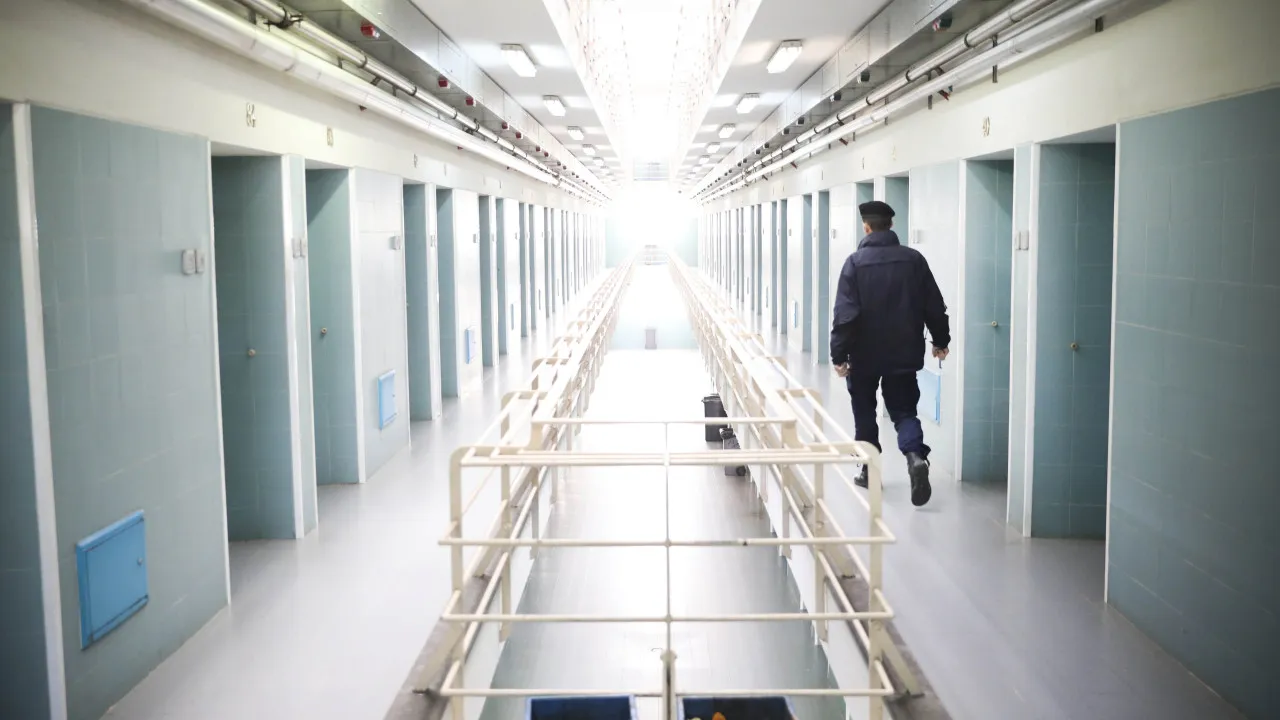
The Public Prosecutor’s Office (PGR) reported today that the average participation in the first day of the national strike on July 9 reached 60.84%, while the second day on July 10 saw a 57.5% turnout.
Regional strikes held on July 11 in Lisbon, July 14 in Porto, and July 15 in Évora and Coimbra, showed an average adherence of 48.45%.
In higher courts and central departments of the Public Prosecutor’s Office, certain institutions saw no participation in the strike, with the Supreme Court of Justice, the Supreme Administrative Court, and the Court of Auditors recording a 0% turnout. However, participation reached 20% at the Constitutional Court, albeit only during the national strike days.
Among higher courts, the most notable participation occurred at the Guimarães Court of Appeal, where 44.44% of prosecutors joined the strike on the first day. The average dropped to around 33% on the second day and 22% on the regional strike day.
At the Central Department for Criminal Investigation and Prosecution (DCIAP), a specialized division of the Public Prosecutor’s Office addressing complex criminal cases, participation stood at approximately 20% on national strike days, decreasing to 16% on the regional strike day.
In contrast, the administrative and fiscal area reported 100% adherence in certain cases across all strike days, as seen in the administrative and fiscal courts (TAF) of Beja, Loulé, and Viseu.
The TAF in Funchal was completely paralyzed (100%) on the first strike day, but had no turnout (0%) on subsequent days.
TAFs in Castelo Branco, Mirandela, Penafiel, and Ponta Delgada saw no participation on any strike days.
In regional terms, Lisbon, which includes the autonomous regions, recorded the most significant participation on the first national strike day, exceeding 70% in the Azores, Lisbon North, and Lisbon West.
On average, Lisbon saw nearly 60% participation on the first national strike day, about 55% on the second day, and 48% during the regional strike.
In Porto, participation was higher, exceeding 90% in the Porto East district on the first national strike day. On that day, the Braga district saw 82.56% participation, while Bragança reached 78.57%. The Regional Department of Investigation and Prosecution (DIAP) recorded 74% participation on both national strike days.
On average, Porto had a 67.41% turnout on the first day, 62.53% on the second day, and 48% on the regional strike day.
In Coimbra, the Viseu district nearly reached a total strike (94.87%) on national strike days, with a slight decrease (89.74) on the regional strike day. The DIAP in Coimbra had the lowest regional participation, with 25% of its prosecutors joining the protest.
Overall, participation in Coimbra exceeded 70% across all strike days.
In Évora, the Setúbal district experienced the most significant impact, with 91.67% participation on both national strike days and 88.89% on the regional strike day. In Faro, participation hovered around 70%, while Portalegre was one of the few places where the second strike day saw higher participation than the first (73.33% versus 66.67%).
Évora’s average participation in the national strike exceeded 70%, while the regional strike reached 63.85%.
The Union of Public Prosecutor’s Magistrates (SMMP), which organized the protest, noted significant participation with “peaks of 100% in various districts and adjourned proceedings and trials from north to south, including the islands,” according to the union’s president, Paulo Lona.
The strikes were conducted in protest against the annual movement of Public Prosecutor’s Office magistrates, a decision by the High Council of the Public Prosecutor’s Office, which the union disputes, arguing that it imposes rotation and accumulation of duties.
According to the SMMP, this decision endangers the specialization of Public Prosecutor’s Office magistrates and the quality of justice available to citizens.
Starting in September, the SMMP states, magistrates will have to manage various competencies across different courts, a direct consequence of a chronic shortage of human resources in the Public Prosecutor’s Office, exacerbated by numerous retirement requests and insufficient vacancies in magistrate training courses.
In addition to the strike preceding the judicial holidays, the SMMP announced an injunction to halt the annual movement of magistrates, accusing the PGR of seeking to end specialization.
In relation to the prosecutors’ strike, the Minister of Justice refused this Tuesday to “interfere in the discussion” between Public Prosecutor’s magistrates and the PGR, acknowledging that if the union’s injunction is granted, it will cause “a significant disruption.”




